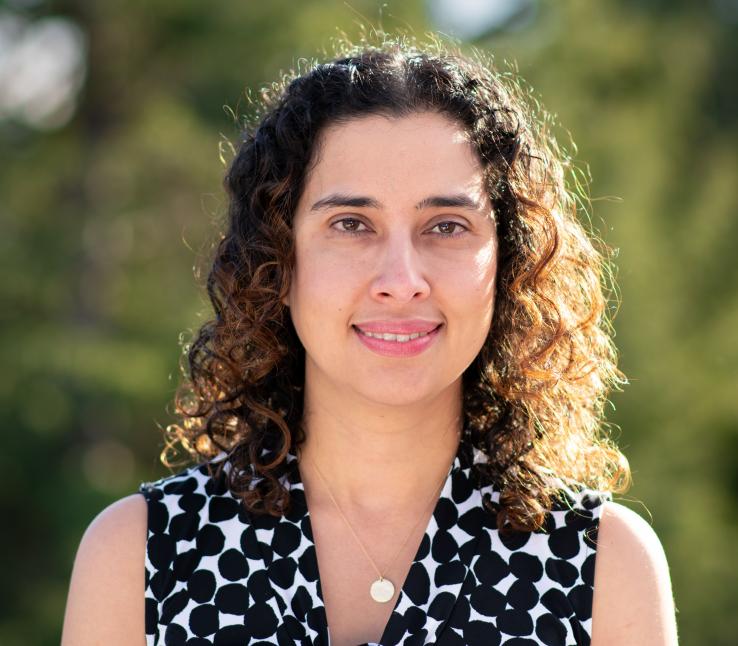Economic Evaluation in Global Health Sample
Sorry, this activity is currently hidden
You are currently viewing this course as Guest.
Section outline
-
 Instructor: Monisha Sharma, ScM, PhD
Instructor: Monisha Sharma, ScM, PhD
Assistant Professor, Global Health
University of Washington
THIS IS A SAMPLE of what you would experience in the course! We are making part of the first module available for free so that you can gauge whether the content level is right for you. Written assignments, discussion forums and quizzes are not included. If you are interested in taking this course, please visit our website for more details. As always, please contact us at edgh@uw.edu if you have questions.
Video: Course Introduction
You will be joining a very diverse group from many countries and cultures. Over the next few weeks you will be watching recorded lectures, reading course materials, completing assignments and participating in group discussions. There is much that we can learn from one another, especially during our exchanges in the discussion forum. Take a moment to view our course introduction video below to learn more! Here is a video from Dr. Monisha Sharma.
Course Learning Objectives
After completing this course, you will be able to:
- Understand the rationale and methods for conducting economic evaluations of global health interventions;
- Critically evaluate published papers in the field of global health economic evaluation;
- Identify sources for model parameters including costs and epidemiologic data;
- Understand the theoretical rationale for disability adjusted life years (DALYs) and willingness-to-pay thresholds;
- Participate in the design and conduct of health economic evaluations in collaboration with health economists or mathematical modelers.
Announcements and Forums
